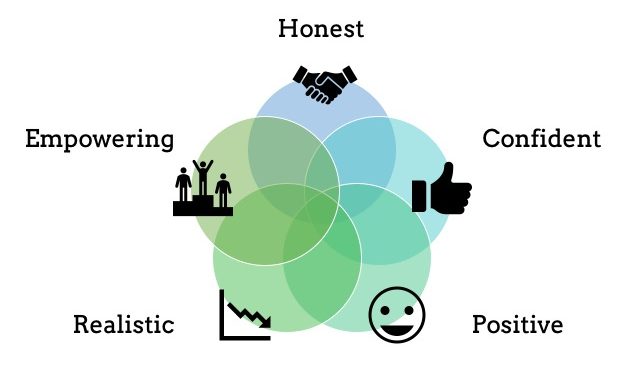As the saying goes – people don’t leave their jobs, they leave managers.
And for those employees who actually quit their jobs, who’s responsible for what that job is like? Managers.

How do you combat this? Don’t just hire managers. Hire leaders. Employee retention and effective leadership practices go hand-in-hand. Companies must make more of a targeted approach in hiring and developing its leadership team if it wants to recruit and retain top talent.
Here are some key tenets of effective leadership practices that are critical in talent retention efforts, in no particular order:
1) Leaders must be able to communicate effectively
This is the most important skill set that all leaders should possess. Employee communication is the keystone of effective leadership. Leaders must work to understand their team’s different communication styles, then tailor their own communication in the most effective manner.
2) Leaders must be respectful
A good leader treats others with respect and kindness, no matter the situation. Leaders must solicit, and respect, the opinion of others, even if they are not in agreement.

Leaders who don’t respect their team members cause employees to disengage. In turn, they stop making their best effort. Employees who feel disrespected leave.
3) Leaders must tailor jobs to their employees
Leaders must design motivating, meaningful jobs for its talented employees. The best leaders go out of their way to help their team do the work they enjoy.
How to do this? Encourage leaders to make time for their employees. Sit down with them and ask them about a favorite project they’ve done, the moments they’ve felt energized and motivated at work, and discover their interests outside of their jobs.

By knowing their employees, leaders can build engaging roles right at the get-go.
4) Leaders cannot be micromanagers
This is self-explanatory. When leaders micromanage employees, they not only decrease employee performance, but they also underutilize available employee talent. Leaders must trust their employees to get the job done.
5) Leaders must possess functional skills
Leaders are role models. Employees will not recognize and respect a role model who can’t do the work.
Indeed, leaders must know how to effectively delegate; however, particularly in times when their team members are already at or above capacity, when push comes to shove, leaders should be able to dive right in and get the work done themselves.
6) Leaders must practice employee recognition
It is the responsibility of leadership to notice and recognize the hard work and achievements of their team members. Find out how employees like to be recognized. Sometimes, a simple email or phone call simply to say thank you will go a long way.

7) Leaders must be fair
Leaders must treat every employee equally. Blatant favoritism can poison a team. Rules, regulations, and policies must be the same for everyone.
8) Leaders must lead
Leaders aren’t just bosses. They’re coaches, mentors.

Hire leaders who are invested in the success of their team members. In fact, hire leaders who care more about the success of their team rather than their own.
If their team members’ performance is not up to par, a leader will work with that employee (versus immediately calling HR to implement disciplinary action) to motivate them and guide them to bring them up to expectation.
This is what leaders do. Similarly, a leader will know when to quit, after all efforts to develop the employee have been exhausted.

The list goes on and on. There are so many skills that a leader must need in order to be successful.
But one thing is for sure – without a foundation of good leaders, any efforts targeted at talent retention will go out the window.
